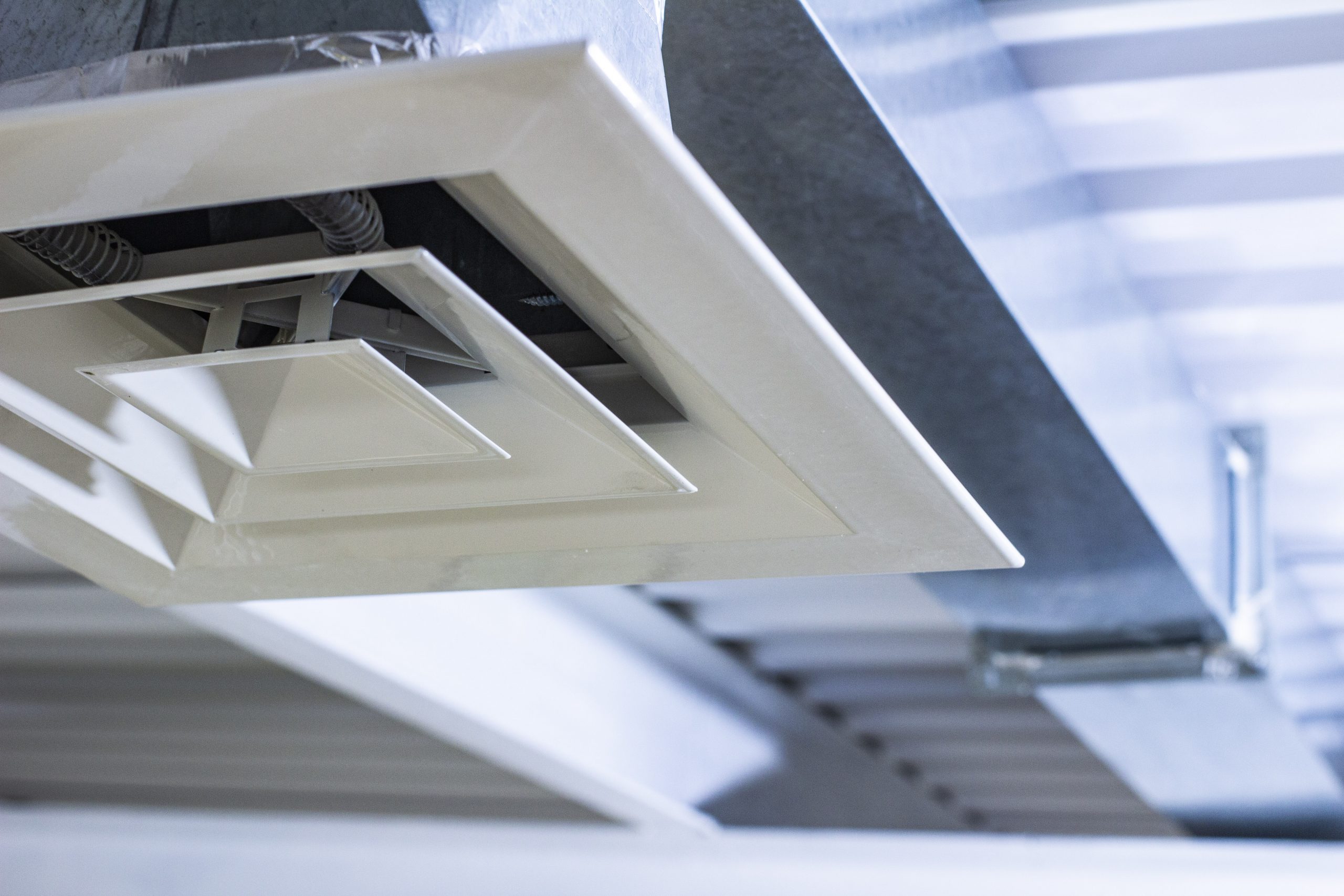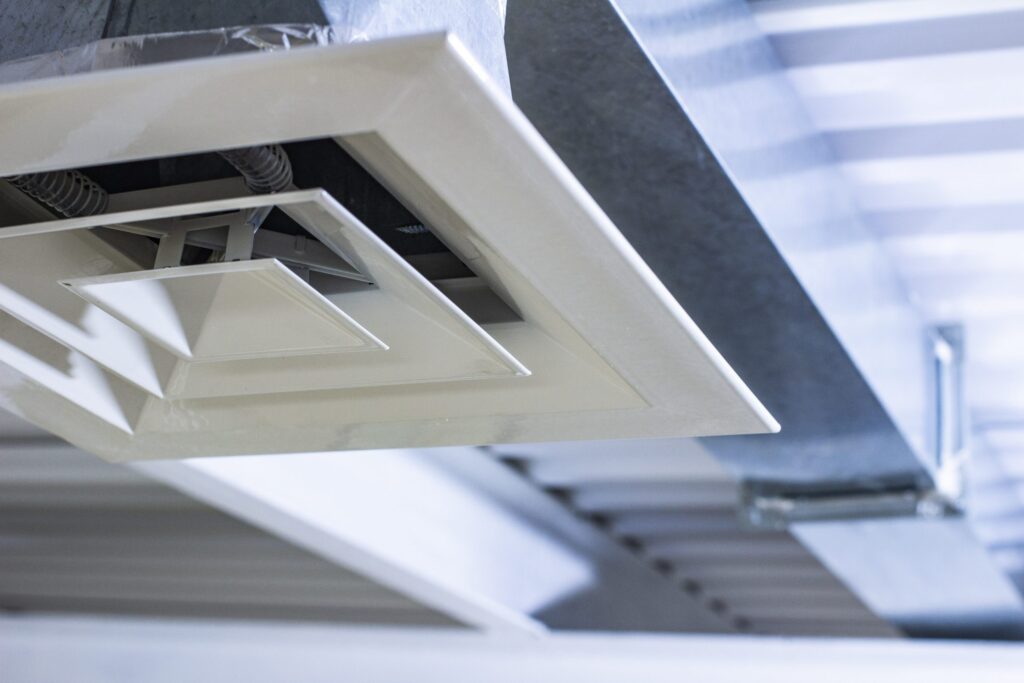
When it comes to issues surrounding heating and cooling in indoor environments, many people neglect to consider the harmful implications of poor ventilation. A building that is not properly ventilated poses many potential health risks – read on to find out everything you need to know.
Mould and mildew
Poor ventilation and condensation will cause the build-up of mould and mildew on walls and ceilings. This can affect the respiratory system, which can be deadly in severe cases.
Humidity
Unventilated buildings cause high levels of humidity. Not only will this feel uncomfortable but it can also prompt various health problems and can lead to illness. People who suffer from ‘Sick Building Syndrome’ are likely to suffer from flu-like symptoms and prolonged periods of illness.
Spread of viruses and illness
Houses with poor ventilation will allow diseases to spread extensively. If one person has an infection or contagious disease, the minimal circulation of fresh air will make this easier to spread to the rest of the inhabitants.
Sinus, hay fever and respiratory problems
For those prone to allergies, a poorly ventilated building will be your worst nightmare. You will notice the frequency and intensity of their symptoms increase – even a small amount of dust can cause a big reaction. Similarly, those with respiratory problems should invest in a home ventilation system to ensure existing symptoms aren’t triggered or magnified.
Harmful toxins
In indoor environments, you can encounter toxins such as carbon monoxide, formaldehyde emissions, sulphur dioxide, airborne pollutants and other toxic gases. This is why it’s crucial to invest in proper ventilation systems to reduce these toxins and eliminate them from breathing air.
Low oxygen levels and stress
Houses with inadequate ventilation actually contain reduced oxygen levels. This can result in sickness and nausea, mental and physical fatigue and stress. In fact, entire families may be experiencing these symptoms without realising the cause. An effective home ventilation system can solve these problems.
Damp, musty odours
Indoor environments with poor ventilation may experience strong odours that will be particularly prevalent in your bathroom, basement or laundry room. This is because without escape routes for hot steam and humid air to leave, moisture will accumulate and leave a strong smell. You may notice that these strong odours seem to last for days on end.
High electricity bills
You may notice poorly ventilated buildings carry higher electricity bills. This is because you’re more likely to rely on HVAC and heating systems to keep rooms cool and hot in summer and winter respectively. In fact, poor ventilation will actually make these systems less effective.
If you need a ventilation engineer, get in touch with Ian Hobbs Technical Services Ltd. Our team delivers tailored ventilation solutions that are designed to meet your needs and can provide personalised advice and guidance to help you make an informed decision. To speak to a heating and ventilation engineer in the South West, get in touch with us today.

 01761 414 356
01761 414 356



